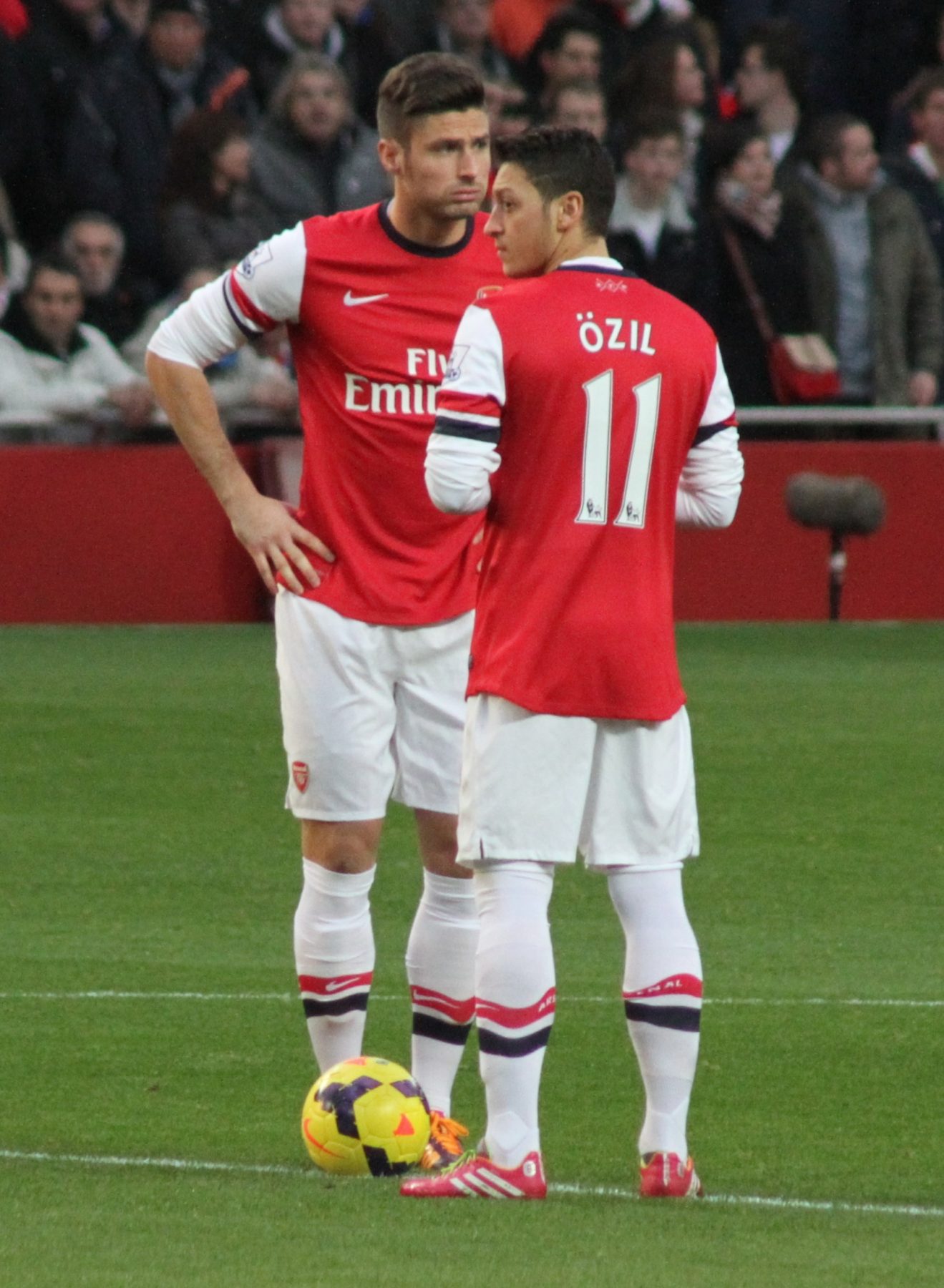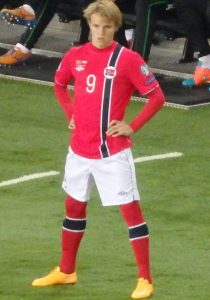The January Transfer Window provides a unique opportunity for all managers in European football leagues. It allows them to purchase players in order to directly address the problems within their squad observed from the first half of the season. Although transfers are typically overpriced, they still provide a month of excitement to both clubs – who can improve the quality of their squad – and to the fans – who get to fanaticize about transfer rumors and dream of their favorite players joining their club.
Despite each of these positives, transfer windows have been more of a painful period of fans for Arsenal. In order to pay off the immense debt collected following the club’s move from Highbury Stadium to the Emirates, the club has been more frugal about their transfer activities for about the past decade or so. Arsenal was deemed a selling club, prioritizing the sale of high-class players for profit over keeping them at the club to aim higher. Fans were annoyed that the stars that they developed – the stars that would help them achieve more and more – were being sold to provide for the financial aspect of the club. It soon became an open joke that Arsenal’s main goal is just to reach the top four, and that their aspirations never went above that. But ever since the club paid off its debts for the construction and move to Emirate Stadium, their transfer seasons have changed as well. Big name signings such as Mesut Ozil and Alexis Sanchez have brought joy and excitement to the club’s supporters have yearned for for years.
So how did Arsenal fare for this January? I stand to claim that they moved in the right direction. Fans knew that the intent of Arsenal manager Arsene Wenger was different for this transfer window when he explicitly claimed that he had transfer plans that he was determined to get through by the end of the month. Never has he done this before; Wenger would always have his transfer plans hidden from the public, behind the famous ambiguous smile he would make when asked about transfer plans at interviews. He kept that smile of his, but what came out of his mouth gave much more promise to his loyal fans.
Arsenal did a great amount of business this winter. The club brought in Krystian Bielik from Legia Warsaw for around $4 million and Gabriel Paulista from Villarreal for around $20 million. Going outwards, Joel Campbell was sent to a loan to Villarreal to help the deal with Paulista go through and Yaya Sanogo was sent to Crystal Palace on another 6-month loan deal for some game experience. Benik Afobe was sold to the Wolves for an undisclosed fee, and unfortunately the loveably Lukas Podolski was sent to Inter Milan on a loan – which is highly perceived to become a permanent transfer at the end of the Serie A season.
By bringing in Paulista, Wenger was able to address a key area in his Arsenal squad. The Koscielny and Mertesacker partnership has worked brilliant, but the fact that the squad has no senior backup center backs has put the club in several dangerous situations, and fullback Nacho Monreal and Mathieu Debuchy have often been called upon to fill positions they were uncomfortable playing. Calum Chambers has been converted to a center back since his transfer from Southampton over the summer, but his jump to a starting position was slowed down to improve his progress as a player in general. The addition of Paulista will help provide the much-needed backup that Arsenal’s defense coveted, and will challenge and push Koscielny and Mertesacker in practice and training sessions even more.
The need for a real defensive midfielder at Arsenal has been an issue for a long time; they want to find the next Vieira for the future of the club. Fans would have preferred a more high-profile signing to another prodigy, but the rise of Francis Coquelin has eased their disappointment. The 23-year-old has been sent out on loan for the several years since he joined the club, and was deemed to not have a future at Arsenal. Following his loan deal being cut short from Charlton, he has stepped his game up, and rightfully claimed the defensive midfield position as his own. Coquelin might not be the high-profile talent like Vieira, but his passion for the game and loyalty for the club rightfully gives him the chance to be one of the first names on the squad sheet. We would need several years before knowing if Bielik was worth it or not, but that is not something to be judged on just now.
The deals outwards have been beneficial to the club as well. Benik Afobe, once deemed a future star, has not developed into the player people hoped he would, and eventually became dead wood. Lukas Podolski, although a loveable and productive player, could not fit into the team due to the difference between his style of play and the club’s. After a few seasons of him not fully fitting into either the left wing slot or the central forward slot, he was shipped off. Both Yaya Sanogo and Joel Campbell were not getting the playing time they deserved, and this loan spell will help the both of them in terms of their long-term development. Quality first-team experience in the Premier League will do Sanogo good. Campbell did not get a consistent run in the first team, even after the brilliant World Cup he had in Brazil. His loan deal will improve him as a player and it helped bringing Paulista in.
People claim that sending out so many attacking players out of the club is a risk, despite the defensive predicament the club is eager to solve. However, Arsenal still are rich in attacking options, with seven or eight quality players fighting for three positions. The club will be fine, especially for just a few months. Knowing that both Sanogo and Campbell will surely return to the Gunners also helps neutralize the so-called issue, if there was any to begin with.
So in the end, this has been one of the more productive transfer windows Arsenal have had in the recent years. All of the incoming transfers have given Arsenal a bit more that they had before the window, and all the outgoing transfers have been beneficial to both the players moving away and the club.
Photo Credit- Ronnie McDonald – Wikipedia.org






